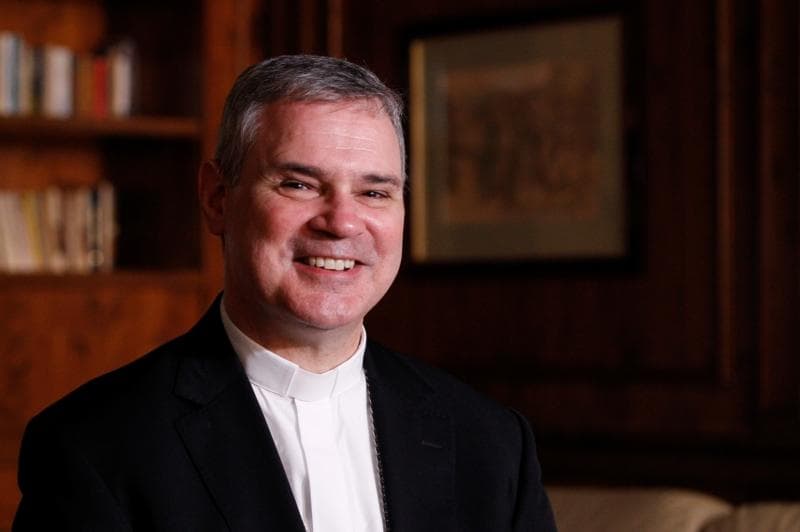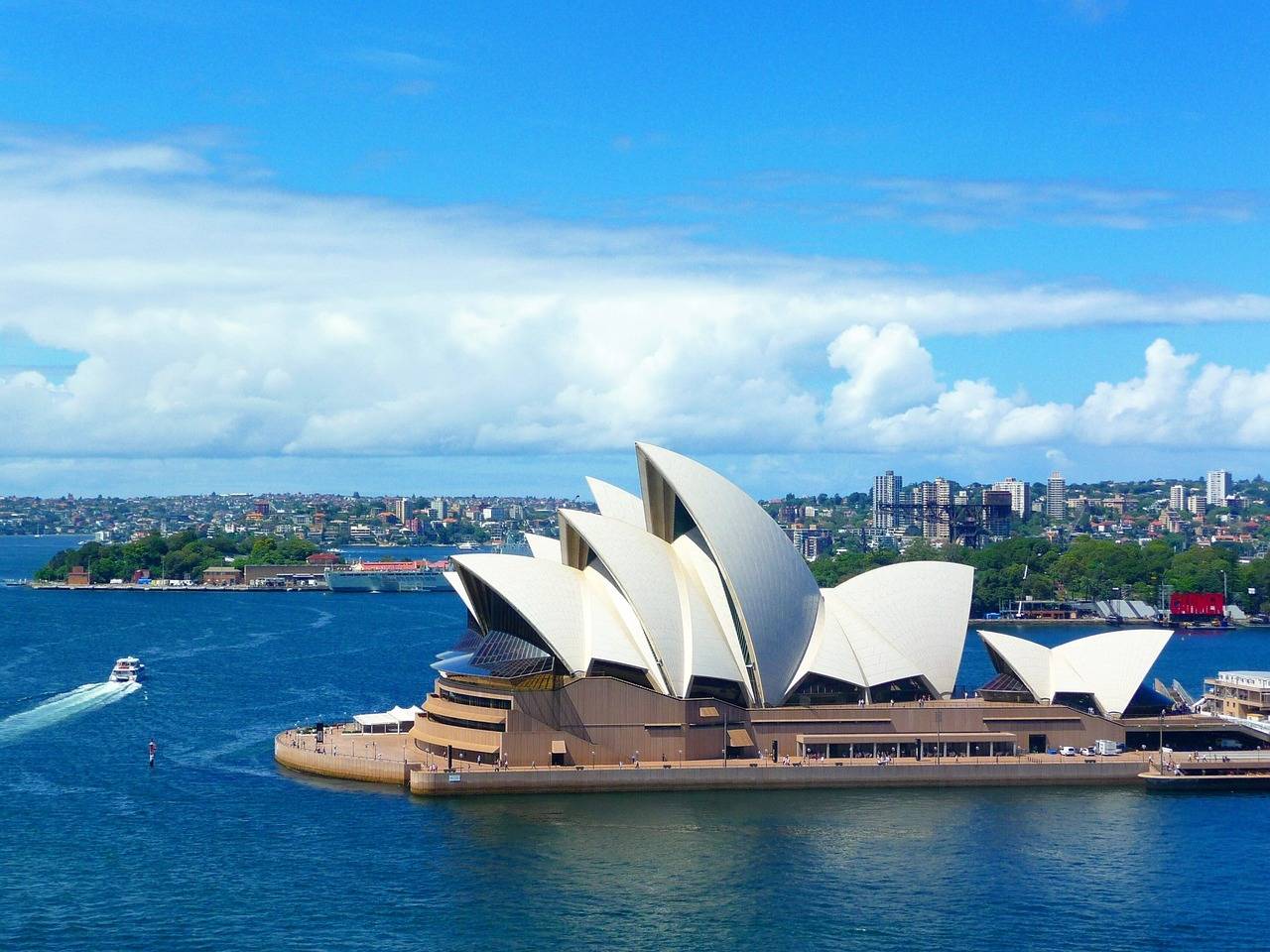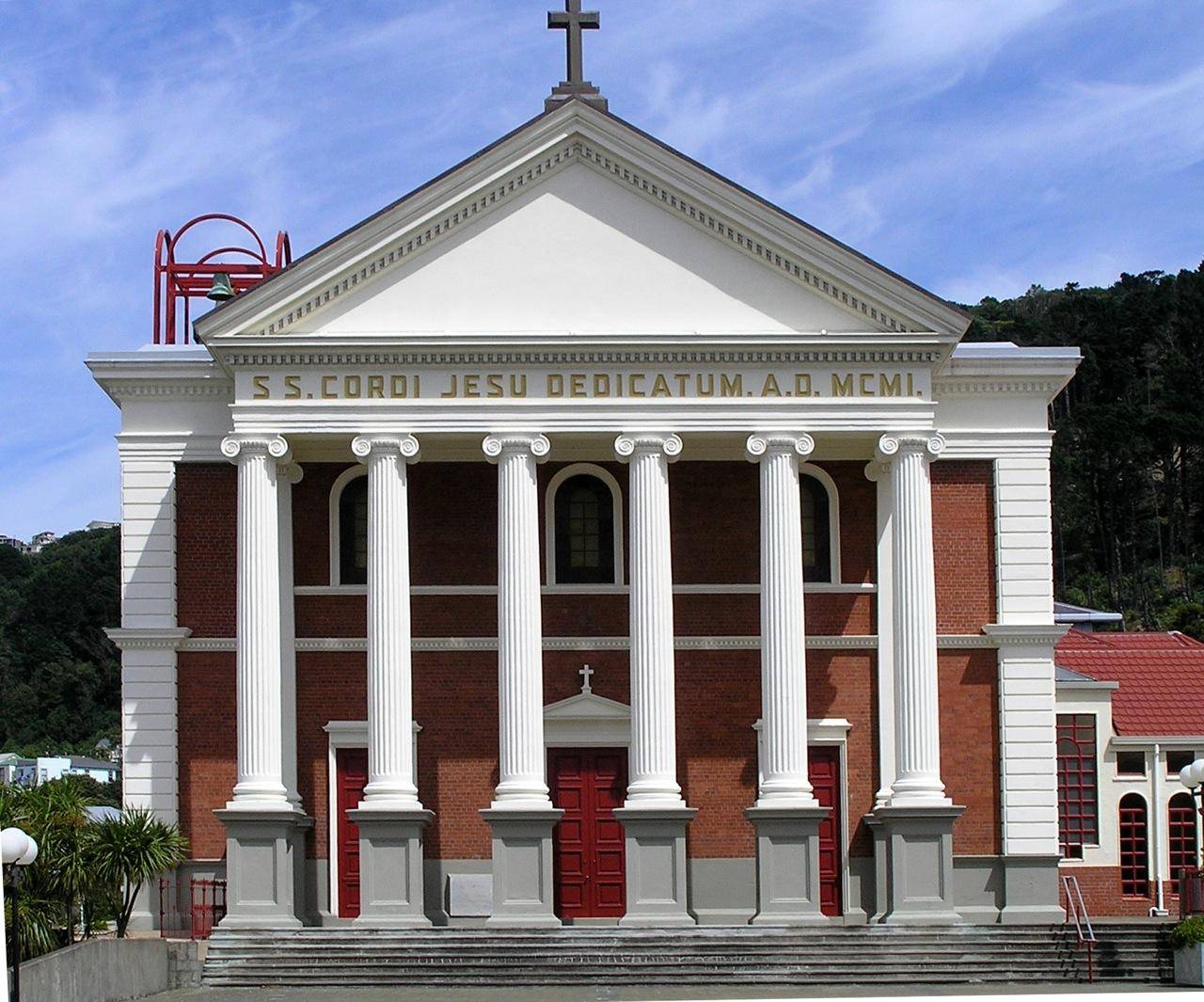ROME – As more Masses and ministries go digital amid the COVID-19 coronavirus outbreak, many have argued the pandemic will change the way the Catholic Church evangelizes. However, one Australian archbishop has argued that this is not a theoretical discussion for the future but is happening in real time.
For Archbishop Peter Comensoli of Melbourne, the coronavirus crisis is not only forcing the Catholic Church to be more creative in the way it reaches people, but it is also reshaping the way faith is at home.
“Forget about the future, it’s happening already. This is not the future, this is now,” Comensoli said in an interview with Crux. “It’s been extraordinary. It feels like a month, but in this last week alone the shift between doing things in one particular way to now doing things differently is quite extraordinary,” he said.
One important concept Comensoli said is important keep in mind, in his view, is that the opportunity the Catholic Church has now “is not just to move what we already did onto an online platform, but to find genuinely different ways of evangelizing, of reaching out to people and letting them know that the Lord is with them and finding ways that they themselves can be a part of the life of the Gospel and the life of the local faith community.”
How this is done will be different in every diocese and parish, and rightly so, he said, explaining that in Melbourne, they have “seriously geared up around digital and online opportunities.”
With schools closed as part of the coronavirus restrictions, one way the archdiocese is stepping up its digital game is exploring ways to help children and adolescents continue their education and faith journey online with the help of their families.
“We’ve been saying for decades and decades that faith is at home and in the parish, and now it’s literally at home,” Comensoli said. “This sort of language has been part of that church for a long time, but now it’s actually what it is.”
As of Monday, Australia had 4,246 total COVID-19 cases, with 18 deaths, most of which are in New South Wales, according to Johns Hopkins. In the state of Victoria, where Melbourne is located, there have been over 800 cases but only four deaths.
So far, Australia has had a much flatter coronavirus curve than other countries such as the UK, Italy and South Korea. However, while he hopes this trend continues, Comensoli said he believes this number will go up as the outbreak continues.
Speaking of the images coming from hard-hit areas such as the northern Italian town of Bergamo, where coffins line church floors and family members are forbidden from having a regular church funeral, “that’s not our reality yet, but it’s coming,” he said.
“We’ll eventually get to a stage (of) what you’re living through at the moment,” he said, referring to Italy, which has taken the global lead for coronavirus deaths, which have now surpassed 10,000 since the outbreak began.
On Sunday, Australian Prime Minister Scott Morrison announced a set of tighter restrictions on social gatherings, limiting the number of people allowed to gather together outside to two. Outdoor facilities such as playgrounds, skateparks and outdoor gyms are also now closed to reduce the spread of COVID-19 in Australia.
Personally, Comensoli said he is not frightened of the virus, “but there are many, many people who are, and my role and responsibility is to be able to accompany and carry those who are fearful, who are overwhelmed.”
Speaking of Sunday’s Gospel passage recounting how Jesus raised his friend Lazarus from the dead, Comensoli noted how before Jesus performed the miracle, he was questioned by Lazarus’s sisters, who told him that if he had come sooner, their brother would not have died.
For a moment, “Jesus himself is in this great grief,” Comensoli said. “He’s not there to magically do things, to rectify everything. People are going to die that we know and love. People are going to lose their jobs and livelihoods.”
Even Jesus “doesn’t step into these things and magically sort them out,” Comensoli said, “but he says through death and in this moment of death, there is nonetheless a path to life after the Resurrection.”
Though he stressed that he cannot predict the future, Comensoli said he believes the coronavirus pandemic is not only prompting the Church to become more creative in evangelization, but that it will also “shift people’s priorities.”
“People will start to give consideration to well, what is important in my life? What is important in our family life? I think faith opens up as a possibility there,” he said, noting that his job as archbishop “is to find ways of enabling that to happen.”
For Catholics, Comensoli said he believes the way faith is lived at home “will become substantive” in a way that it was not before.
Referring to stories he has been told of families “suddenly finding ways of praying together,” buying candles and setting up a quiet place for prayer inside their homes, he said these “are seed-planting moments, and the effects of those into the future, we’ll wait and see, but I genuinely think this will be a time of fruitfulness.”
In this regard, he said technology is now “opening up all possibilities.”
On a personal note, “I’ve become an expert at Zoom,” he said, explaining that one thing he is planning to do is find opportunities where all the priests in the archdiocese can participate.
Noting how he has already held one zoom meeting to pray together with the priests in his archdiocese, Comensoli said this is not normally something they would do, instead getting together two or three times a year in person.
“Imagine now that all of our priests on a regular basis, I’m thinking weekly, that we gather together via Zoom to pray together,” he said, adding that the Melbourne archdiocese is now also working to digitalize interactive materials for sacramental preparation, since this is the time when Catholics in Australia typically prepare to receive the sacraments of Baptism, Confirmation and First Communion.
“We’re looking at ways where that can happen and where families can be much, much more deeply involved in preparation for their children’s sacramental life,” he said.
Whereas families in the past might have depended on the parish or local Catholic school to take care of their child’s faith formation, “Now, families are needing to consider how they might need to pass on the faith to their children more directly,” he said.
Like much of the rest of the world, priests in Australia are increasingly taking the sacraments online, with many livestreaming Masses from empty parishes and cathedrals given the restrictions on public gatherings due to the coronavirus.
Noting how he himself celebrated a livestreamed Mass at St. Patrick’s cathedral in Melbourne on Sunday, Comensoli said it is an “unusual experience,” for westerners, but there are some areas in the world where Catholics are not able to receive the sacraments on a regular basis.
“There are parts of the world that have been living like this for a long time. We in the West, particularly, in more developed and wealthy countries are suddenly being deprived of things that we’re normally used to, where there are great swaths of the world where this has been their reality for ages,” he said, noting that this was a major talking point during the October 2018 Synod of Bishops on the Amazon.
“There are parts of the region where they won’t have Mass for months on end,” he said.
While the impact of celebrating Mass in am empty church likely differs depending on the personality of the priest, thinking of the thousands of people who are unable to receive the sacraments while he and other priests are able to, Comensoli said, is for him “the really sad thing about the present situation.”
“I’d be dishonest if I said I was sitting here fearful of my own self, I’m not, but I deeply feel for our people and what they’re going through,” he said, noting that amid the coronavirus outbreak he has decided to dedicate the Archdiocese of Melbourne to Saint Joseph.
Recalling how the outbreak began to get more serious around the March 19 feast of Saint Joseph, Comensoli said “it just came to me that he is this man who had to deal with these great challenges and difficulties thrown (at him), but he had trust. And not only did he have trust, he did things.”
“He got on with working out what to do in the circumstances he found himself in, and he did it with trust in God,” he said, voicing hope that in spite of the difficulty many people are facing, he hopes they are able to find hope in their faith.
Follow Elise Ann Allen on Twitter: @eliseannallen















